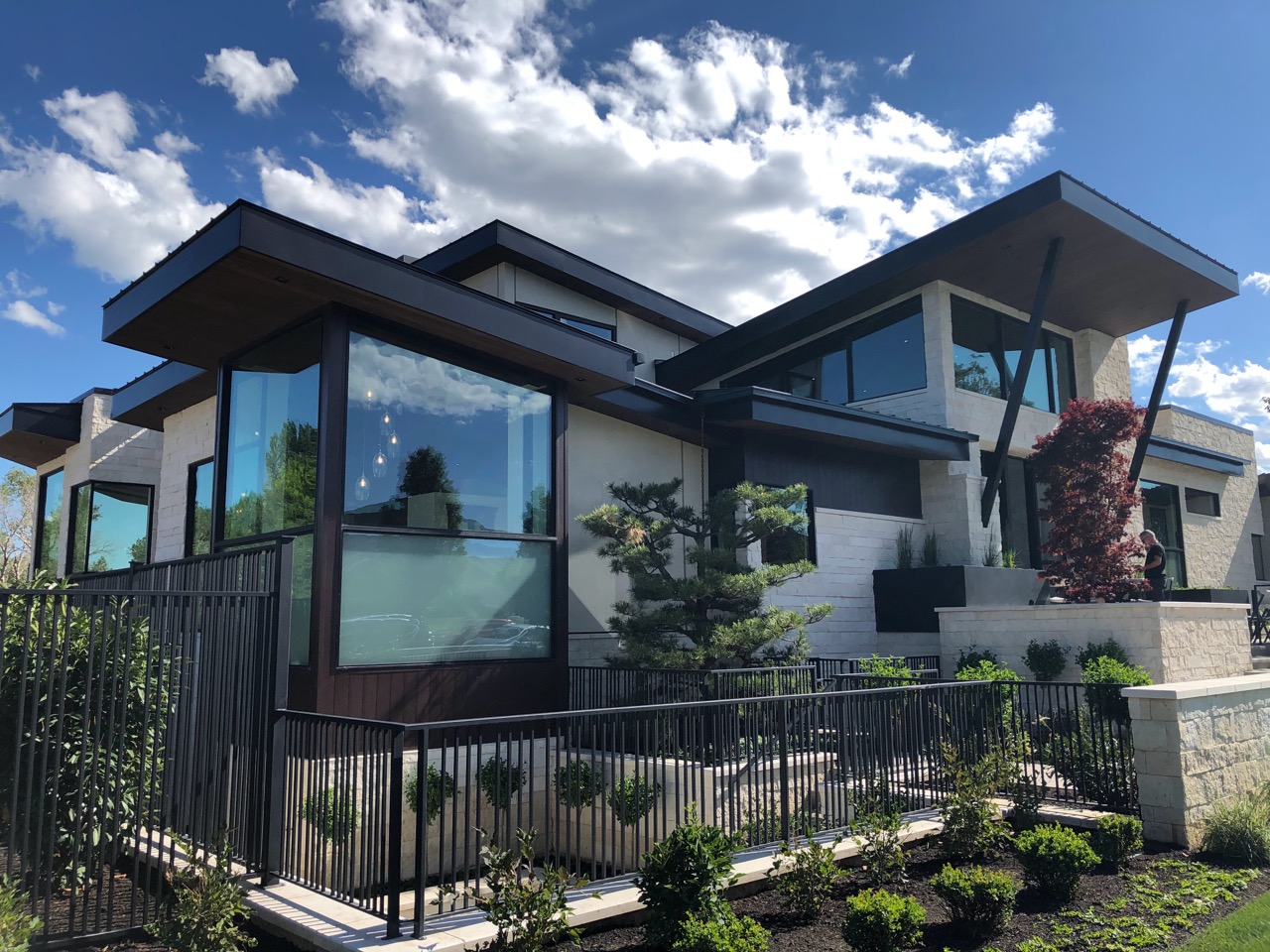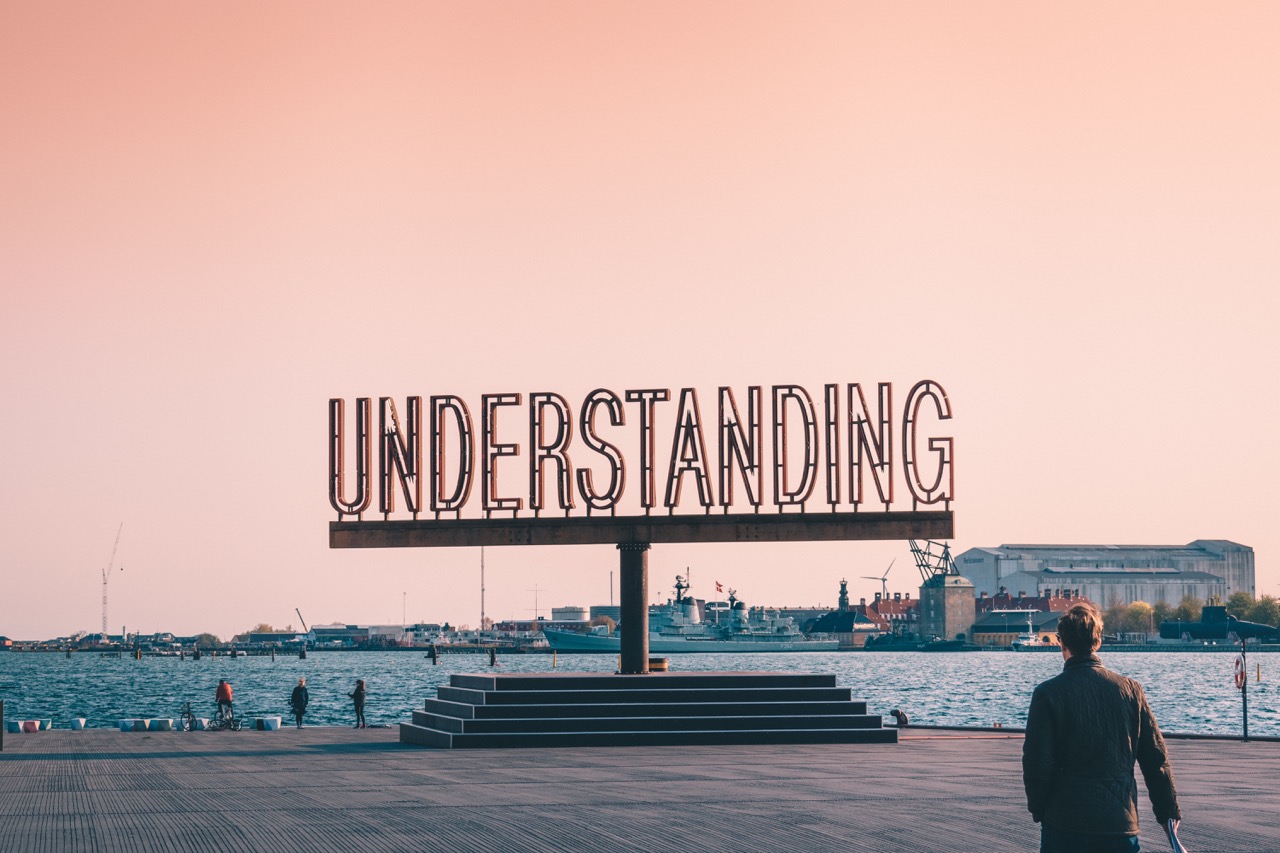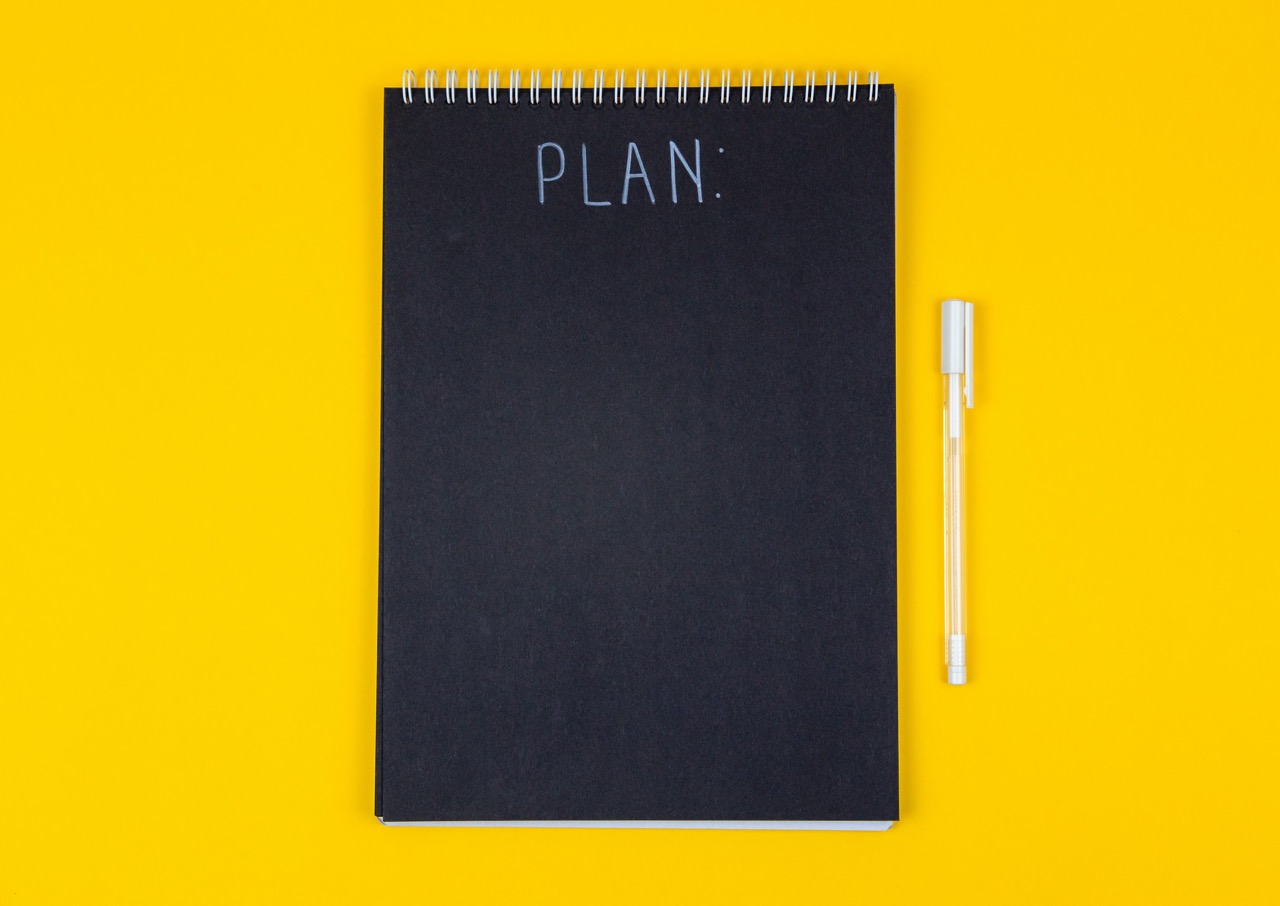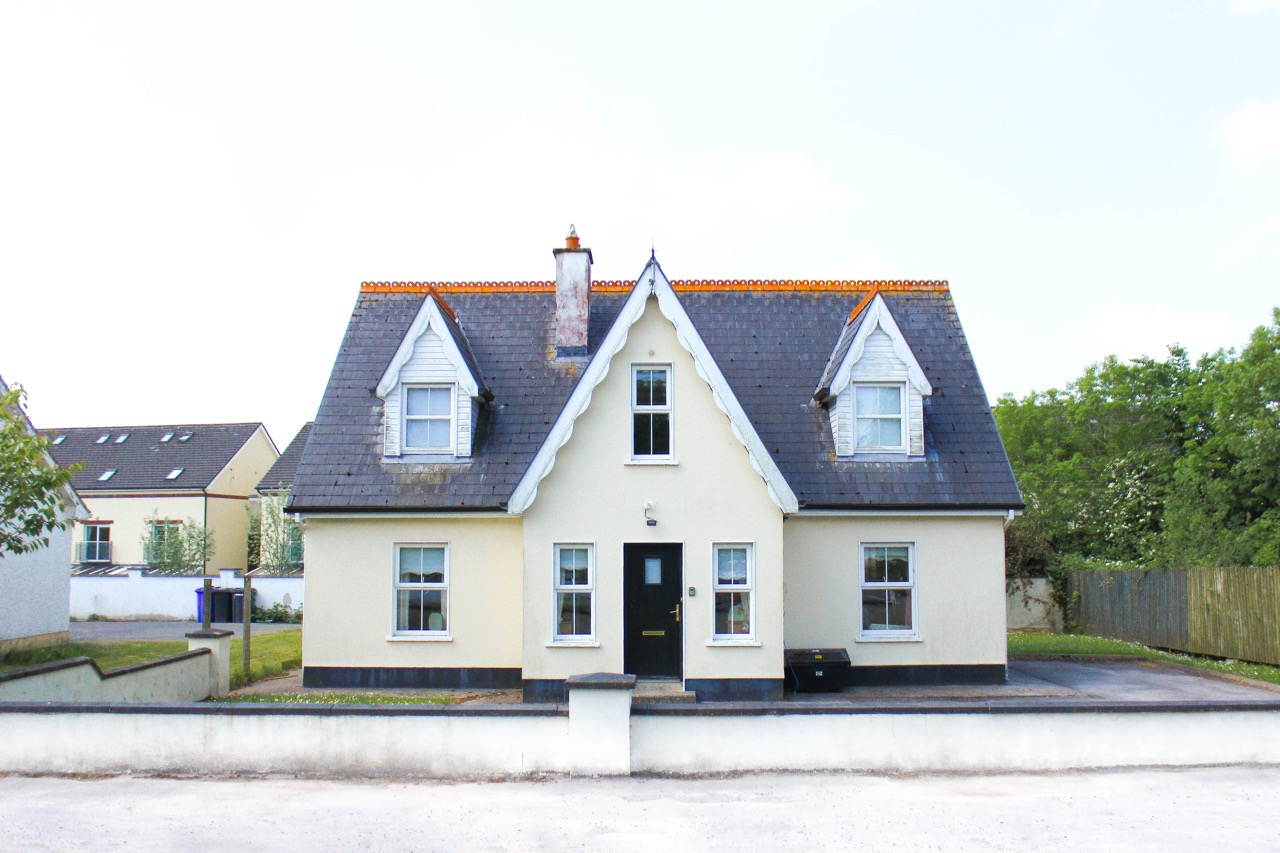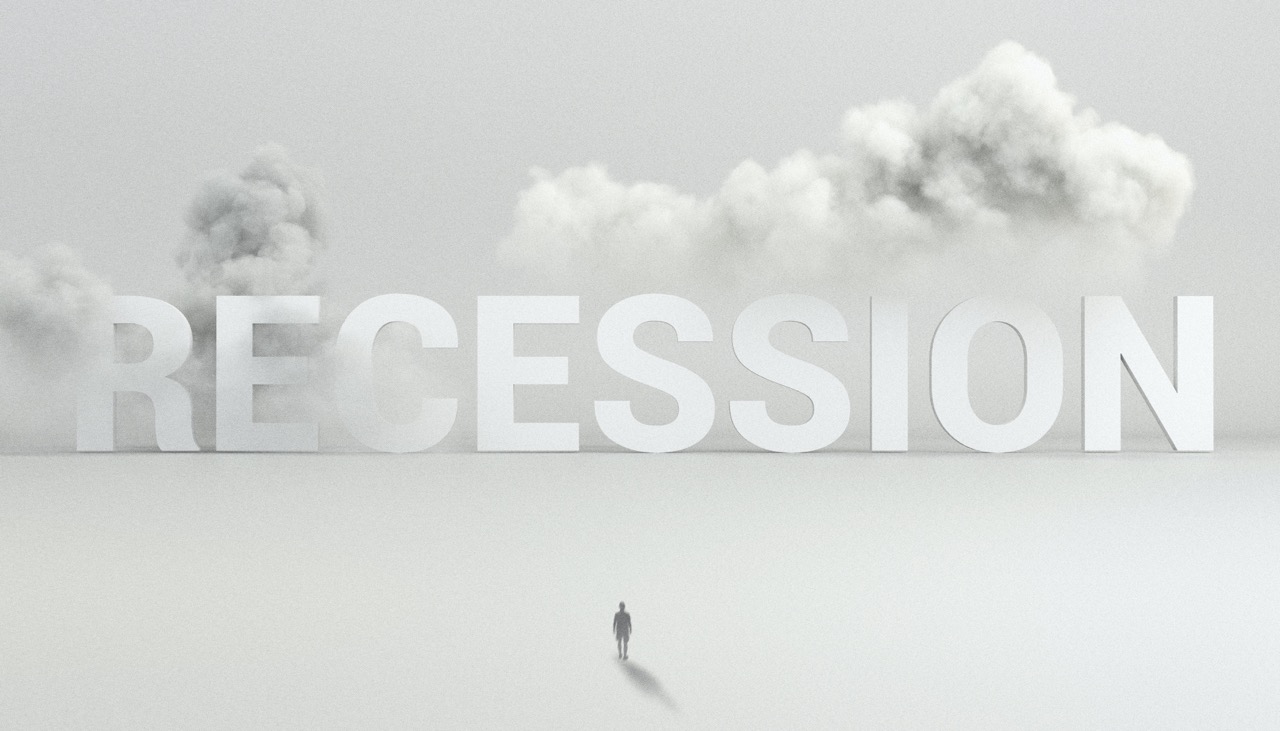What are the different types of mortgages available in Canada and what’s the best for me?
Homeownership is an important financial investment and having the right type of mortgage can make all the difference. In Canada, there are several different options when it comes to mortgages. These include fixed-rate mortgages, adjustable-rate mortgages, and hybrid mortgages. Each has its own hidden costs that should be considered before making a decision. For example, monthly payment changes with adjustable interest rates or stricter requirements on hybrid mortgages. Finding the best type for you will depend on your needs as a homeowner and your budget requirements.
As a first step, it’s important to evaluate your finances by calculating how much you can afford in terms of a down payment and monthly payments. Then, research various mortgage types to determine which one fits your situation best in terms of the degree of risk versus reward you are comfortable taking. Ultimately, carefully selecting the best option for yourself leads to successful homeownership. This is question 1 of 4 to ask before you buy!
How much can I afford to spend on a home and what are my monthly payments going to be like?
Step 1: Determine Your Budget
The most important thing when it comes to buying a house is understanding your budget. You want to make sure that whatever you buy is something that you can comfortably afford each month. This means looking at your income and expenses, as well as any potential additional expenses (such as closing costs). Once you determine how much money you have available each month for mortgage payments, then you can move on to the next step.
Step 2: Calculate Your Monthly Payments
Now that you know what kind of loan best fits your needs, it’s time to start crunching numbers! Using an online calculator or talking with a financial advisor is essential in order to accurately calculate what your monthly payments will be based on interest rates and other factors. Once this number is determined, then it’s time to start house-hunting! Just make sure that the price of any potential home stays below what your calculated monthly payment would be; otherwise, it could put a strain on your finances down the line.
Conclusion: Buying a house doesn’t have to be intimidating—as long as you take things one step at a time! Start by determining your budget and researching different mortgage options so that when it comes time to calculate your monthly payments, everything will go smoothly. With some careful planning and research, finding the perfect home isn’t out of reach. This is question 2 of 4 to ask before you buy!
How do I know if a property is structurally sound and won’t have any major repairs needed soon after buying it?
Getting an Inspection.
The best way to determine if a property is structurally sound is to get an inspection done by a professional. A home inspector can identify any potential problems, such as leaking roof, foundation trouble, plumbing issues, and more. They will also be able to tell you whether or not the repairs needed are minor or major—which can help inform your decision-making process.
Look at the History.
Another way to check for structural soundness in a property is to look at its history. Have there been any changes over time? If the answer is yes, then it could be indicative of larger underlying problems that require repair. Ask the seller about any renovations made in recent years and what kind of materials were used; this will give you some insight into how well the structure was maintained over time.
Do Your Own Research.
Finally, do your own research on the property itself. Check for signs of wear and tear—such as cracks in walls or ceilings, water damage, mold growth, etc.—and note any potential areas of concern. Also take note of any changes in temperature within different rooms in the house; this could indicate that something isn’t quite right with the insulation or ventilation system.
Conclusion:
As you can see, there are several ways to check whether or not a property is structurally sound before making your purchase decision. The most important step is getting an inspection done by an experienced professional who can identify any potential problems early on and advise you accordingly. In addition, researching the history of the property and doing your own investigations can help inform your decision even further so that you don’t end up with an unexpected surprise down the line! This is question 3 of 4 to ask before you buy!
What’s the process of buying a home in Canada like and how long does it usually take?
To start off, you should know that it takes an average of 13 weeks from the time you decide to buy a home until the day you actually move in. That means approximately 91 days of paperwork, phone calls, emails and more paperwork! It sounds unbearable but don’t worry – I’m here to help make sense of it all!
The first thing you’ll need is your down payment. This is the portion of money you put down when making the purchase. Generally, this amount can range anywhere from 5% to 20%, depending on your credit score and other factors. Once that’s squared away, it’s time to start looking for your perfect dream home. This part is fun! You get to browse through listings online or with an experienced real estate agent and visit potential properties in person. When you find one that checks all the boxes, it’s time to make an offer.
As soon as your offer is accepted by the seller, there are certain steps that need to be taken before the keys are handed over. After that comes mortgage approval from your Mortgage Broker. This involves providing them with proof of income and employment for the lender of choice. Finally (drumroll please) comes closing day! The day when all documents are signed and ownership changes hands from seller to buyer! It may sound complicated but I promise it’s worth every bit of effort when you finally have those keys in hand and walk into your new home. This is question 4 of 4 to ask before you buy!
